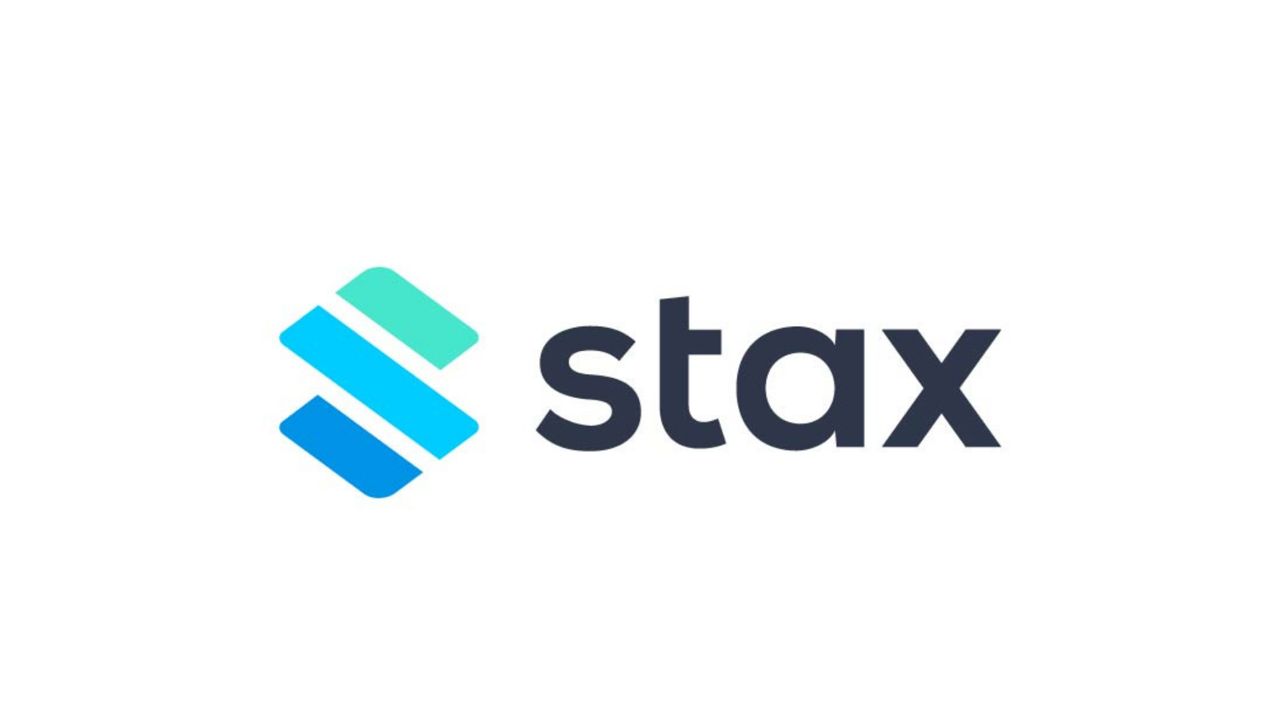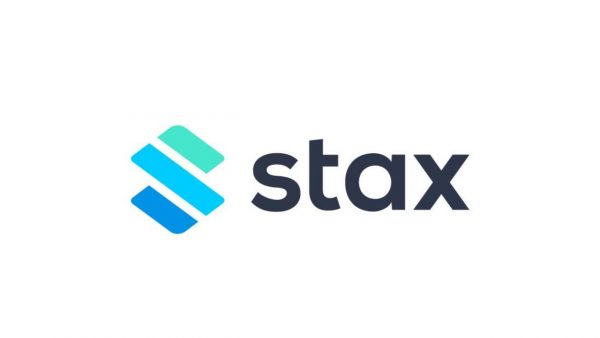Stax is a fintech startup that allows Africans to buy airtime, send and request money, and transfer funds between accounts via automated USSD codes. The startup announced that it has raised a $2.2 million seed extension round. Co-founded by Ben Lyon, Jess Shorland, and David Kutalek, the startup secures all USSD codes from multiple accounts together into app users can access offline, allowing them to perform transactions without dialling any USSD code. The intention is for Stax to improve users’ experiences.
Read more about FinTech
In the fintech market, app-based banking enabled by the internet (online) can reach 300 million subscribers in Africa, but USSD technology is primarily offline and used largely by feature phones, surpassing it with 850 million connections. USSD technology allows people to send, receive money, pay for bills, and buy data offline. This means individuals can perform transactions without the internet – in this modern form of the payment system. Telecommunications (telco) companies and banks dominate the mass market, providing the tech infrastructure that facilitates these code-based transactions.
USSD works when users dial a code for service say GTBank’s *737#, or UBA’s *919#, then follow a prompt asking if they want to send or receive money, pay bills or check their account balance, among other features, and the telco or bank acts upon that request. USSD comes with its unique challenges; for example in Nigeria, where the normal bank customer can have three to five bank accounts. Some of these people use bank applications or fintech platforms to make online transactions, while others rely on USSD codes.
For people using USSD, memorizing one or two codes is a bit simple but cramming about five codes is a different story. What Stax does is combine the bank accounts, mobile wallets, crypto into a single app that works without mobile data. The market that they are filling is that of over 300 million smartphone owners across Africa, who have a strong preference to transact via USSD instead of apps because they prefer to switch off their mobile data. So Stax is building a platform for them because having a smartphone does not equate to wanting to be online.
The preference of people wanting to be offline is Stax’s selling point. Stax defines itself as a remote team with employees working from the United States, the United Kingdom, Nigeria, and Kenya. Its platform is active in 10 African markets; however, it fully supports six countries Kenya, Uganda, Tanzania, Nigeria, Ghana, and Ethiopia, where more than 100 banks and mobile money accounts are available for customers to use.
Sign up to the Connect Nigeria daily newsletter
The platform came out of beta in May 2021. It had fewer than 3,000 monthly active users in its first month but has since grown to acquire more than 170,000 customers of which only 40,000 are active monthly users.
While USSD is applauded because it is easy to use, operates without the internet, and facilitates economic inclusion. There have been increased criticisms highlighted by experts over the years on how improper validation in the technology can lead to attacks from hackers with a tendency to expose sensitive information of users. The founder acknowledges this issue and draws attention to the lack of a unified data regulation, which he thinks is somewhat responsible for these issues.
When users download Stax, they are only required to allow permissions from the app to send and view messages, access contacts and make and manage phone calls. According to co-founder Lyon, these permissions don’t disclose customers’ personal information. Therefore, in the event of a hack, for example, hackers can’t harm users.
U.S.-based VC firms World Within Ventures and Noemis Ventures co-led the round joined by Anthemis Group, Orange DAO, 500 Startups, Garuda Ventures, and GAN Ventures on the cap table. With the new investment, Stax plans to include several features in the course of its journey, including a self custody crypto wallet starting with USDC so users can buy airtime when they dial nonfinancial codes.
The seed extension will also equip Stax to develop these features and expand its services from 10 African countries to 50 when it closes its Series A round. According to the founder, Stax is also eyeing an emerging market play where it will expand beyond Africa into other markets where USSD is prevalent, like South and Southeast Asia.
it is crystal clear to see that Stax is ambitious. The company’s mission, to me, sounds “a little naïve” but that does not mean it is not achievable. On closer assessment, it looks a lot more feasible and attainable than striving to make a mark on financial inclusivity using an internet-powered mobile app or website. It sounds a little farfetched to make a move to global expansion when the product has not fully permeated Africa but all things considered, Stax’s USSD-driven app may yet be the future of financial transactions in Africa.
Featured Image Source: Stax
Got a suggestion? Contact us: [email protected]


